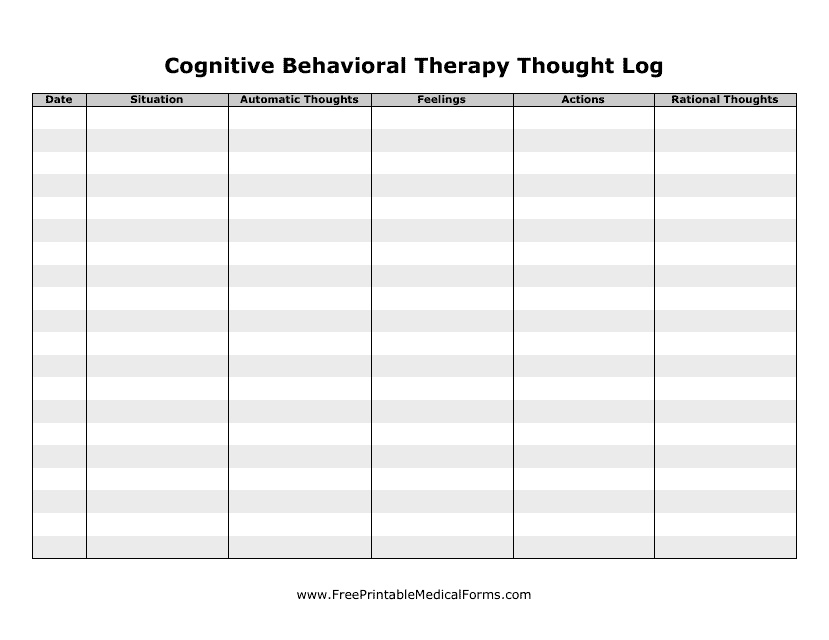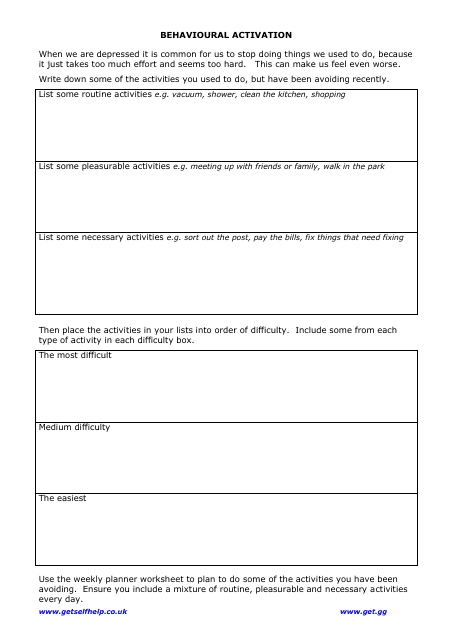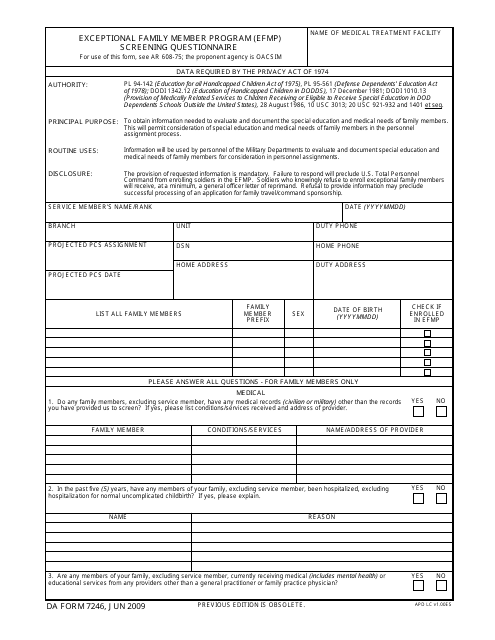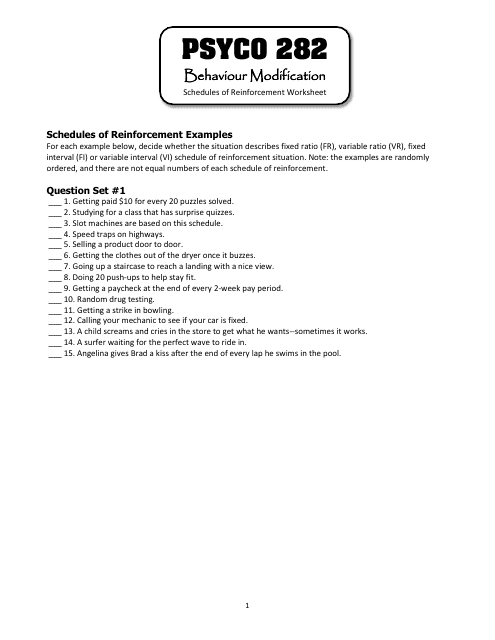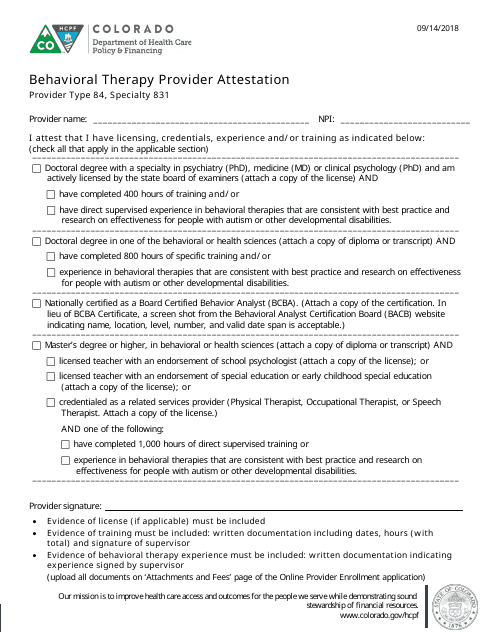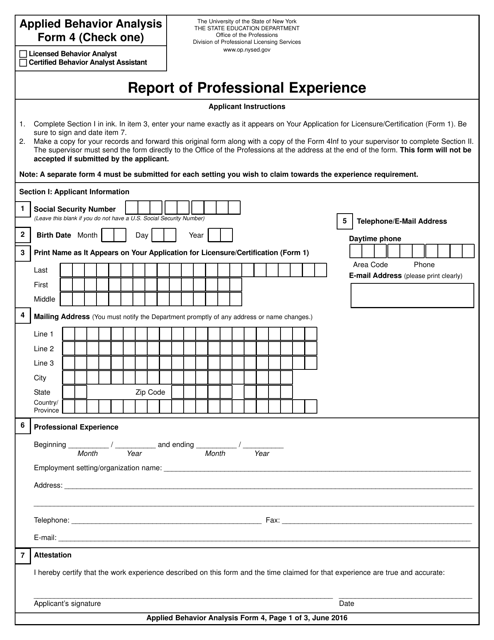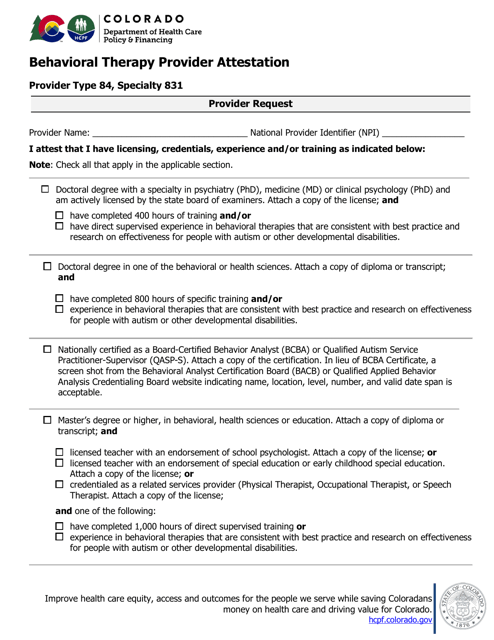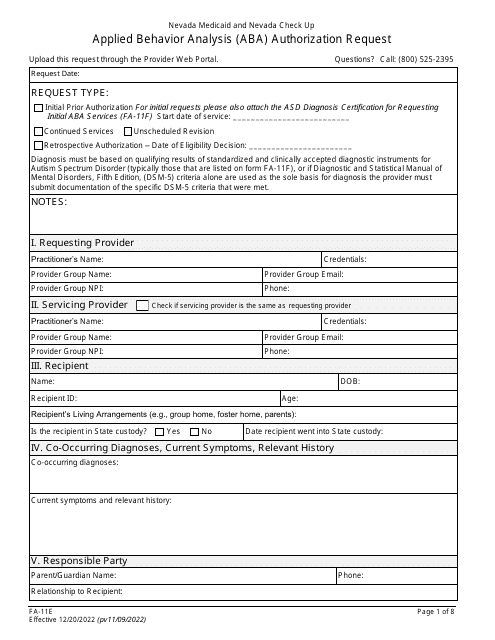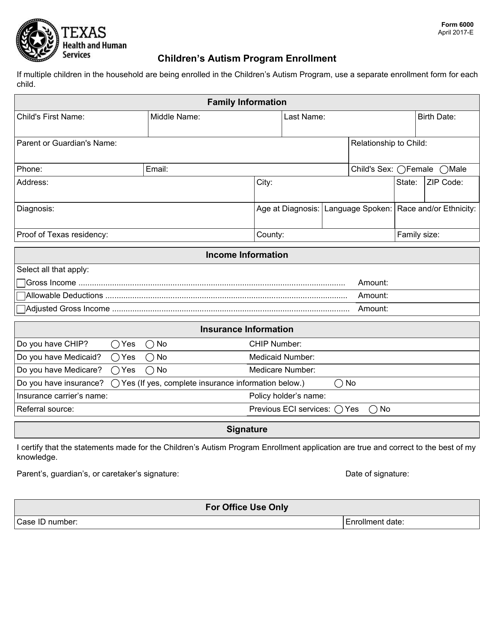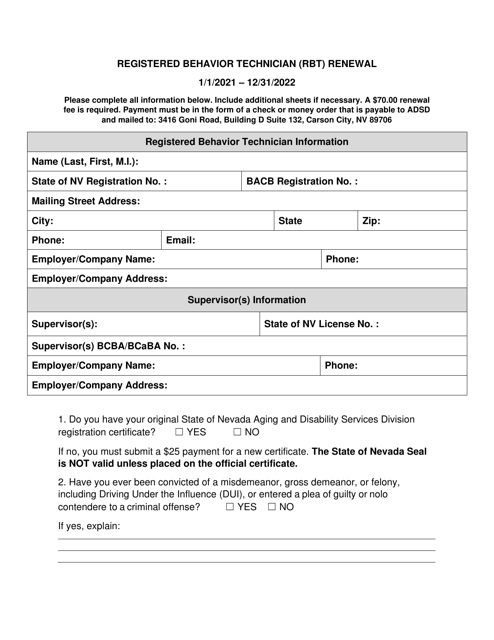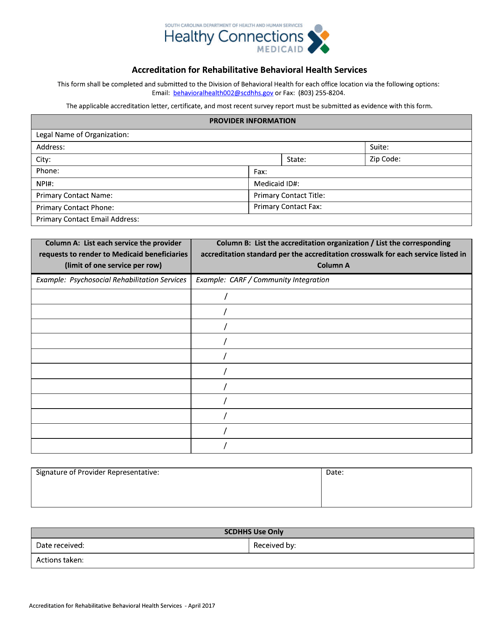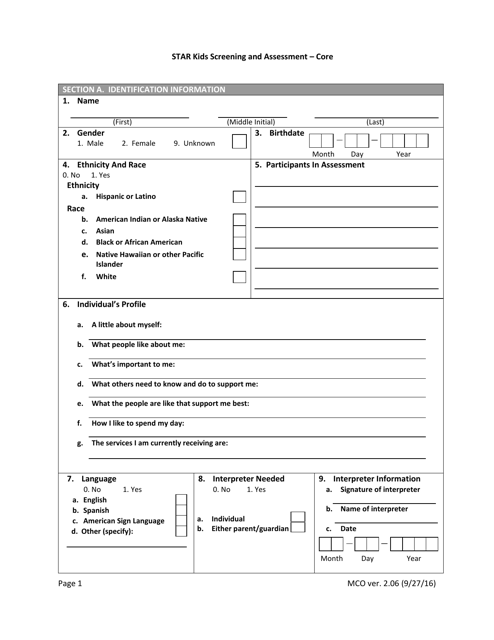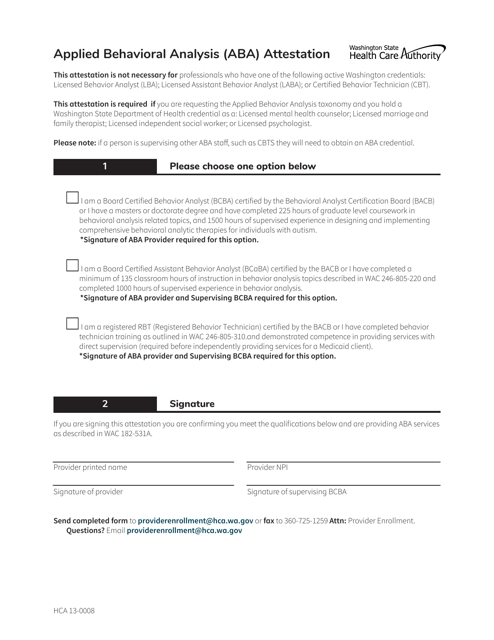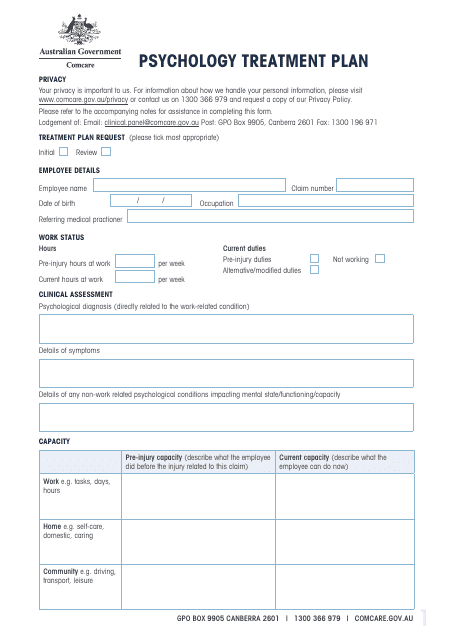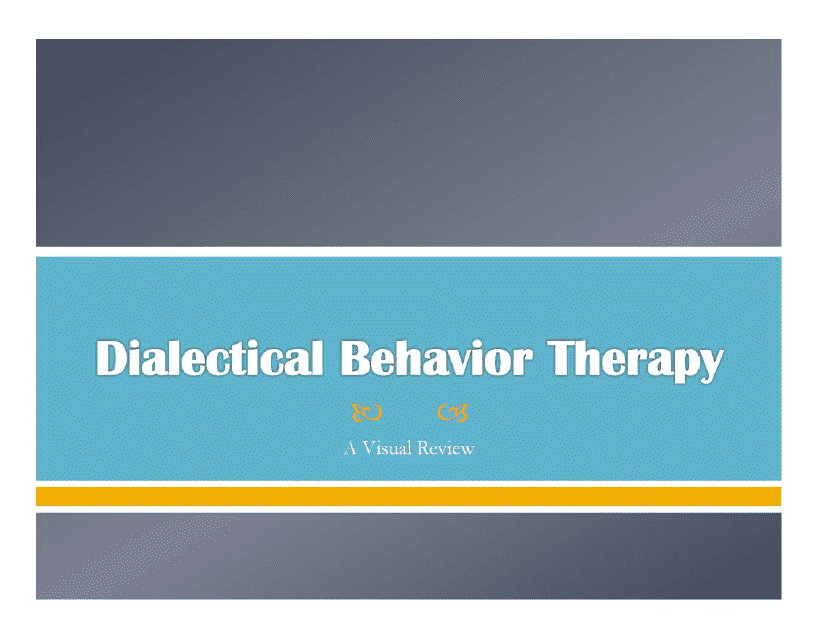Behavioral Therapy Templates
Behavioral therapy, also known as behavior therapy, is a specialized approach to psychotherapy that focuses on identifying and modifying problematic behaviors. This form of therapy is rooted in the belief that behaviors are learned and can be changed through conditioning techniques.
Behavioral therapy uses various evidence-based techniques and strategies to address a wide range of behavioral issues and mental health conditions. It is commonly used in the treatment of conditions such as anxiety disorders, depression, attention-deficit/hyperactivity disorder (ADHD), and substance abuse.
One of the main principles of behavioral therapy is that behaviors are learned and can be unlearned or replaced with more adaptive behaviors. Therapists work closely with individuals to identify the thoughts, feelings, and behaviors that contribute to their problems. Through a collaborative and goal-oriented approach, therapists help clients develop new skills, coping mechanisms, and strategies to effectively manage and overcome their challenges.
Examples of documents related to behavioral therapy include assessment questionnaires, treatment plans, and reports of professional experience. These documents help therapists gather information about the client's background, identify specific problem behaviors, and track progress throughout the therapeutic process. They are essential tools in providing evidence-based and individualized care to clients seeking behavioral therapy.
If you or someone you know is struggling with problematic behaviors or mental health conditions, behavioral therapy may be an effective treatment option. By addressing the underlying factors contributing to these behaviors and providing the necessary support and guidance, behavioral therapy can help individuals achieve positive and lasting behavioral changes.
Documents:
17
This document is a template for recording thoughts and emotions during cognitive behavioral therapy sessions. It helps individuals track their thinking patterns and identify any negative or unhelpful thoughts that may contribute to feelings of distress or anxiety. The template can be used to identify and challenge negative thoughts, leading to more positive and healthier thinking patterns.
This document is a template for a Behavioral Activation Chart, which is a tool used to track and analyze daily activities and behaviors in order to improve mental health and well-being.
This form is filed when applying for the Exceptional Family Member Program (EFMP). This form serves as a summary of health condition and needs of that family member and plays a role in the personnel assignment process.
This document is a worksheet used in the field of behavior modification for the course Psyco 282. It focuses on schedules of reinforcement.
This form is used by behavioral therapy providers in Colorado to attest to their qualifications and compliance with specific requirements.
This document is used for reporting the professional experience in Applied Behavior Analysis in New York.
This form is used for enrolling children in the Autism Program in Texas.
This document is for renewing the registration of a person as a Registered Behavior Technician (RBT) in the state of Nevada.
This type of document is for obtaining accreditation for rehabilitative behavioral health services in South Carolina.
This document is used for screening and assessing the needs of children in Texas who may be eligible for special education services.
This form is used for attesting to the provision of Applied Behavioral Analysis (ABA) services in Washington.
This document outlines a comprehensive, personalized approach to improving mental health, specifically for those living in Australia. It details strategies for treatment, goals to be achieved, and a timeline for progress.

